Is your dog’s diet as healthy as you think it is? Many common dog foods and treats may be doing more harm than good. Are you unknowingly putting your dog at risk?
1. Hidden Sugar Content
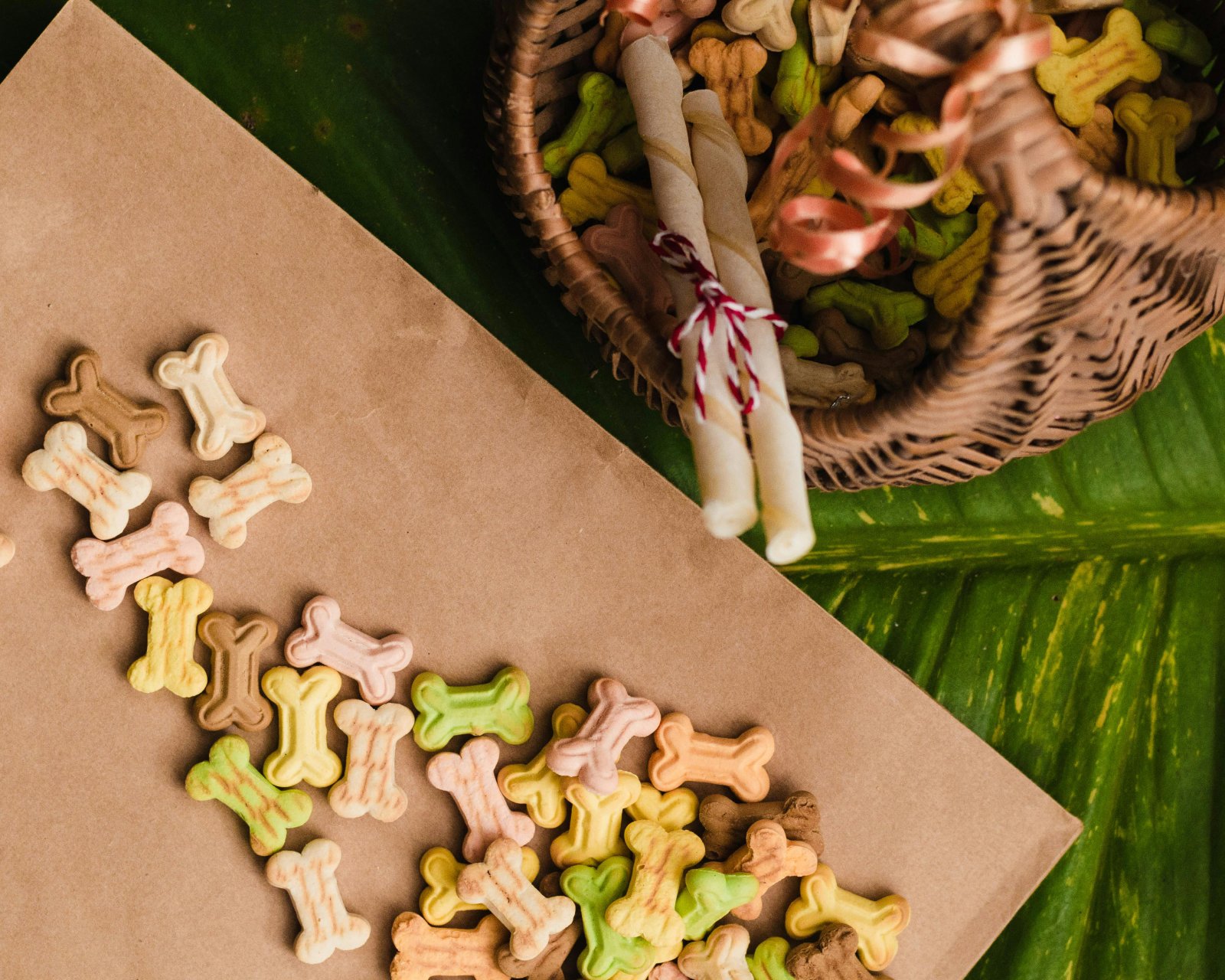
Many dog foods and treats contain hidden sugars that can lead to obesity and diabetes. Always check the ingredient list for added sugars.
2. Artificial Preservatives
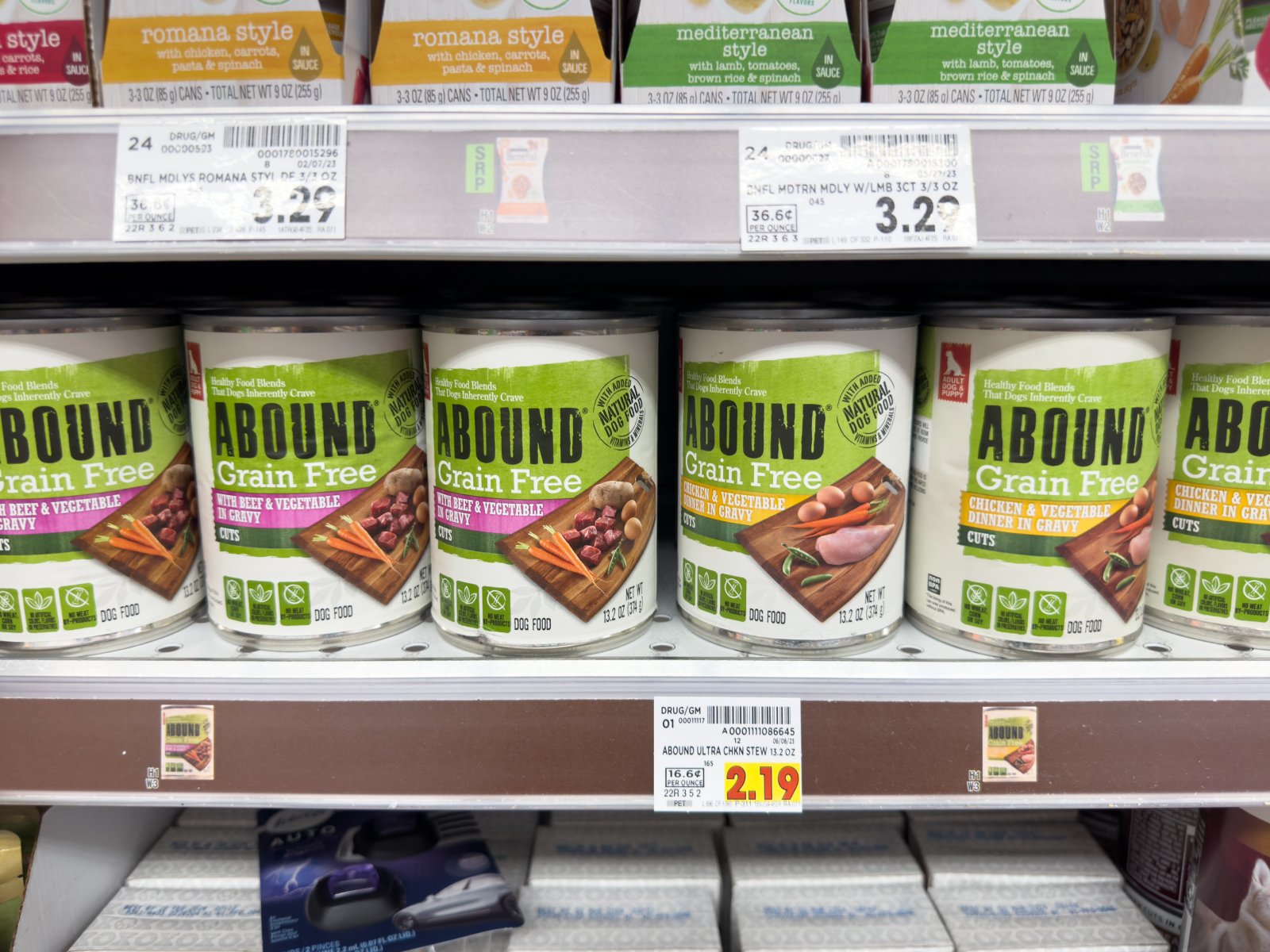
Common preservatives like BHA and BHT have been linked to cancer. Opt for natural preservatives like Vitamin E (mixed tocopherols) instead.
3. Fillers Over Nutrition
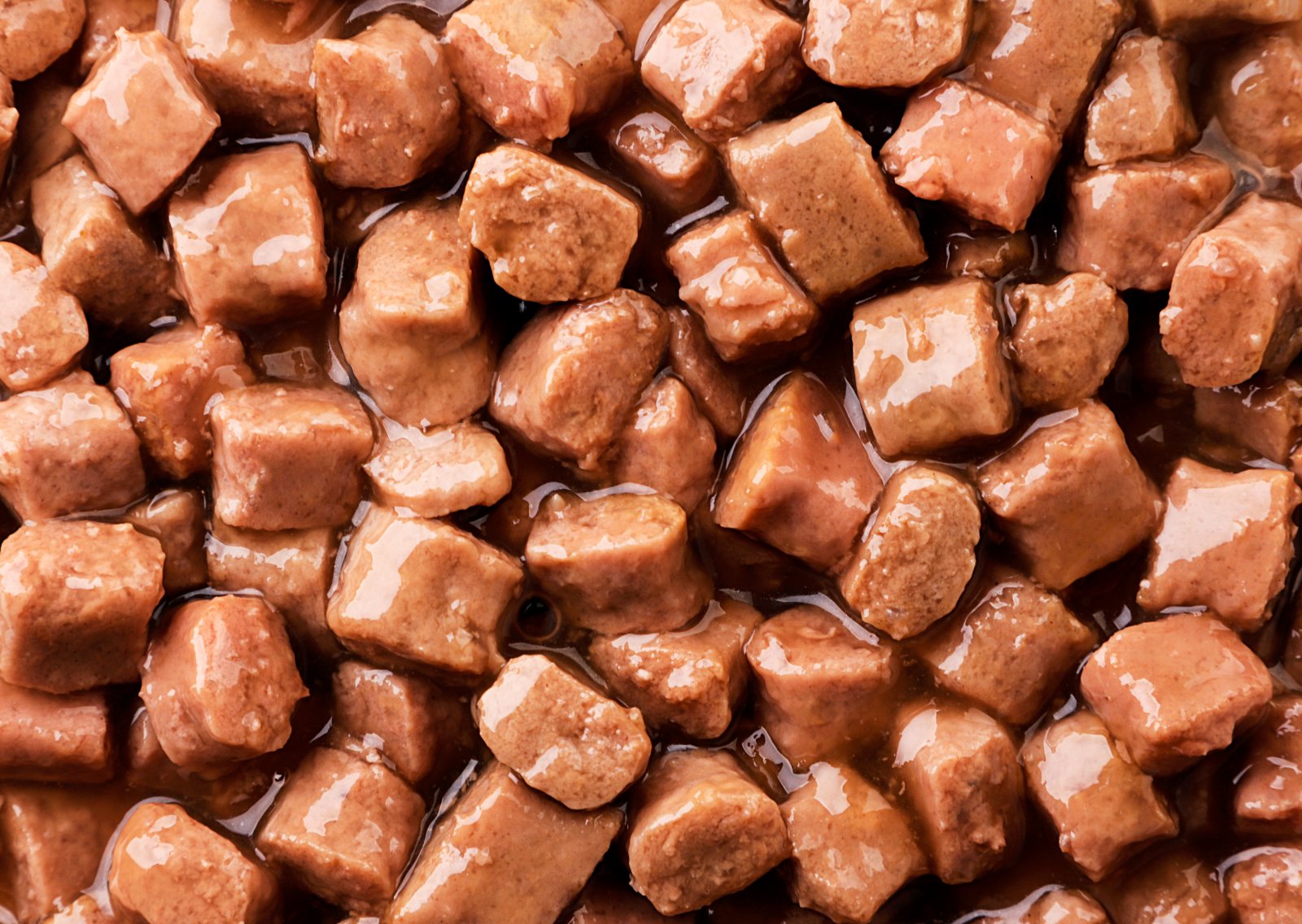
Cheap fillers like corn and soy provide little nutritional value and can cause allergies. Look for high-quality dog food with real meat as the first ingredient.
4. By-Products and Mystery Meats
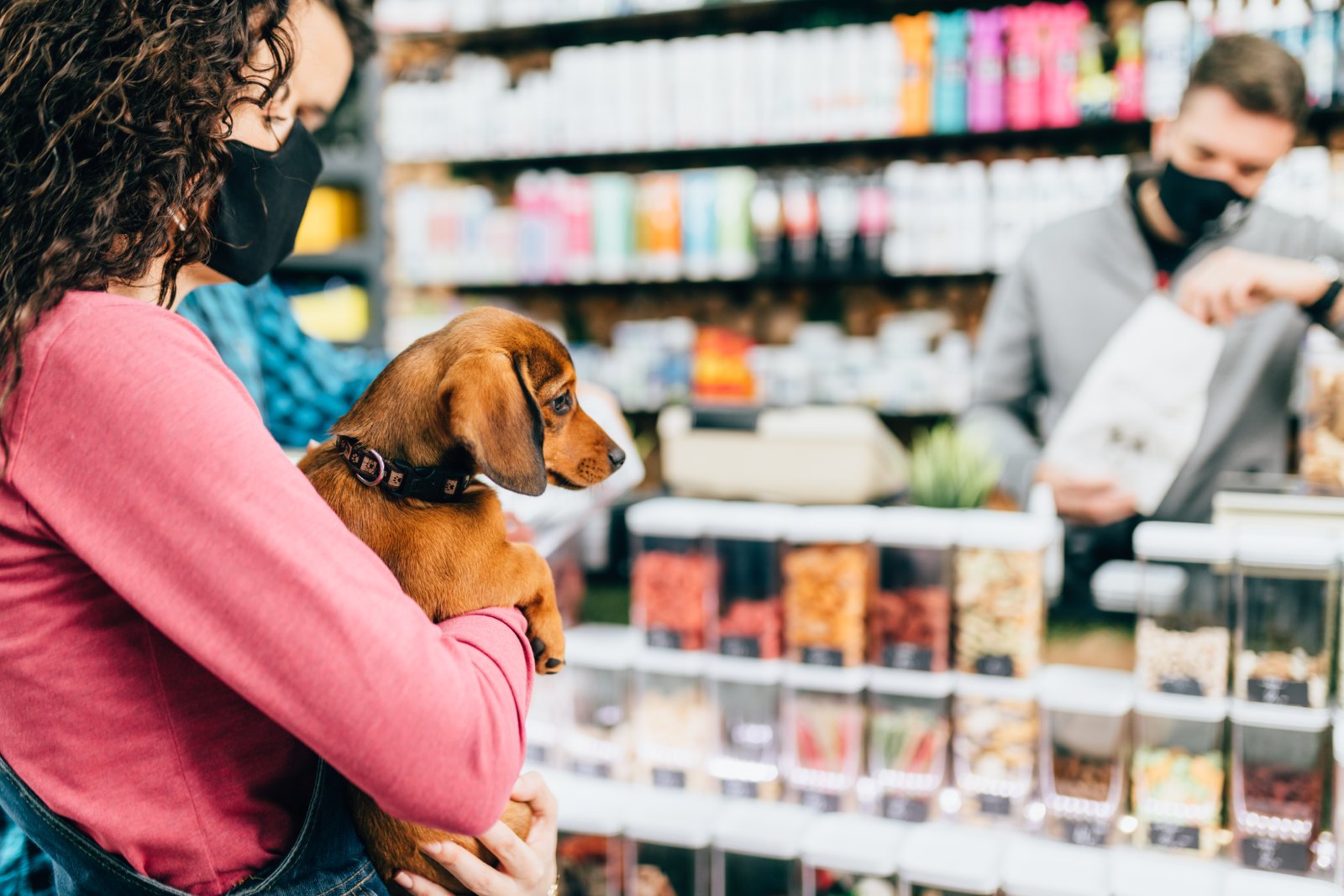
“Meat by-products” can include anything from beaks to hooves. Ensure your dog’s food specifies the type of meat used.
5. Excessive Sodium
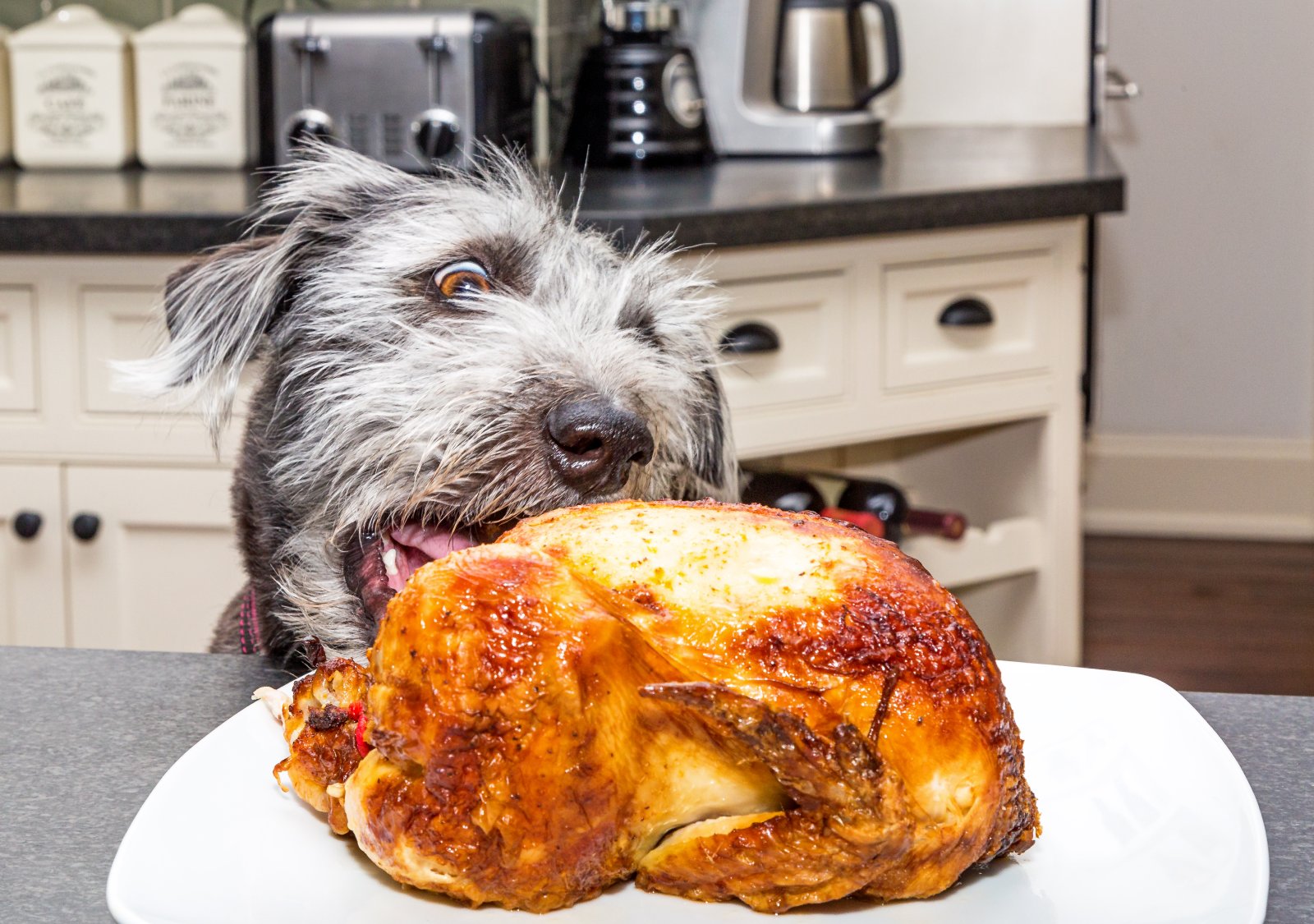
High sodium levels can lead to kidney and heart problems. Choose dog foods with controlled salt content.
6. Lack of Omega-3 Fatty Acids
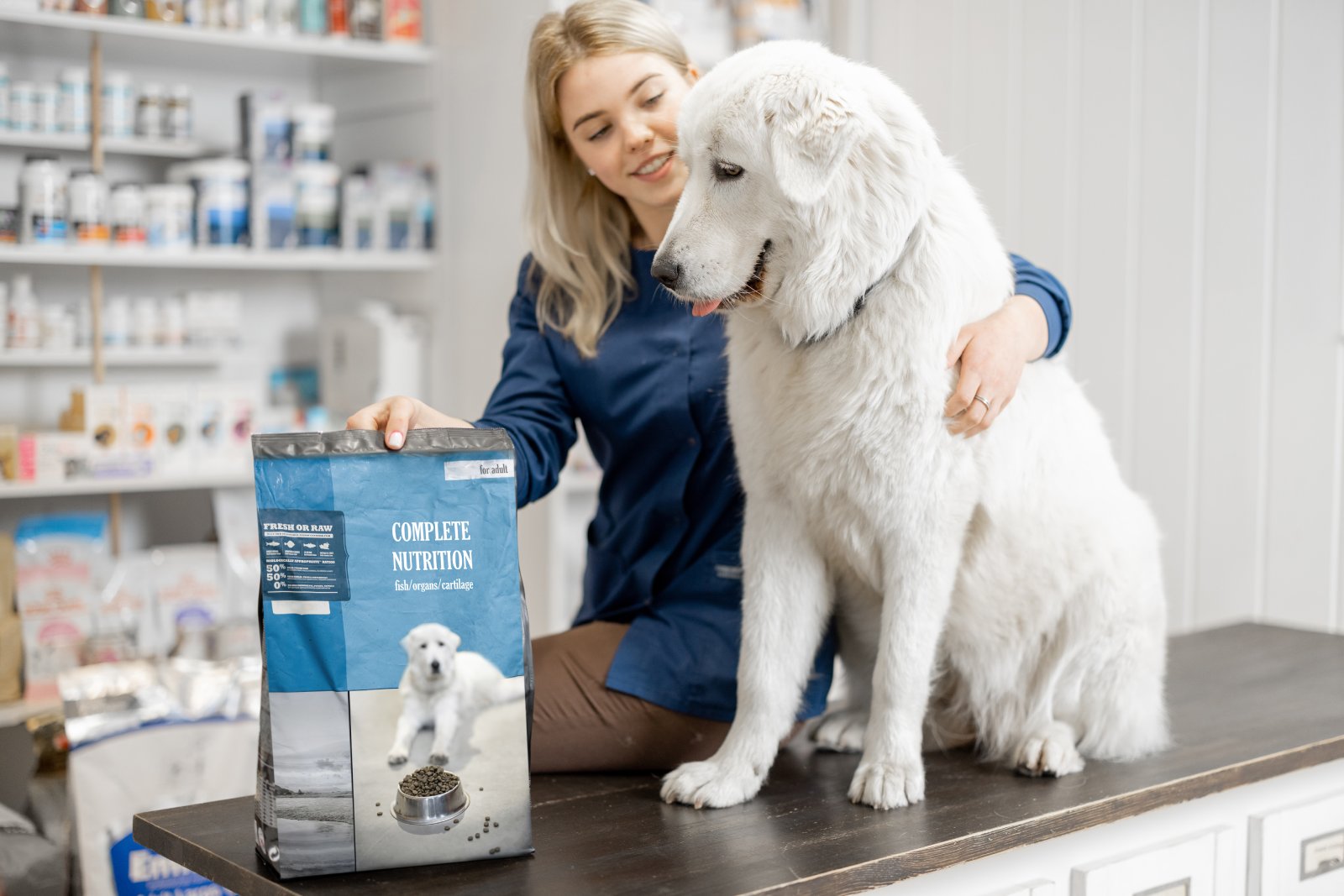
Omega-3s are crucial for skin and coat health. Many dog foods lack sufficient levels of these essential fatty acids.
7. Grain-Free Isn’t Always Better
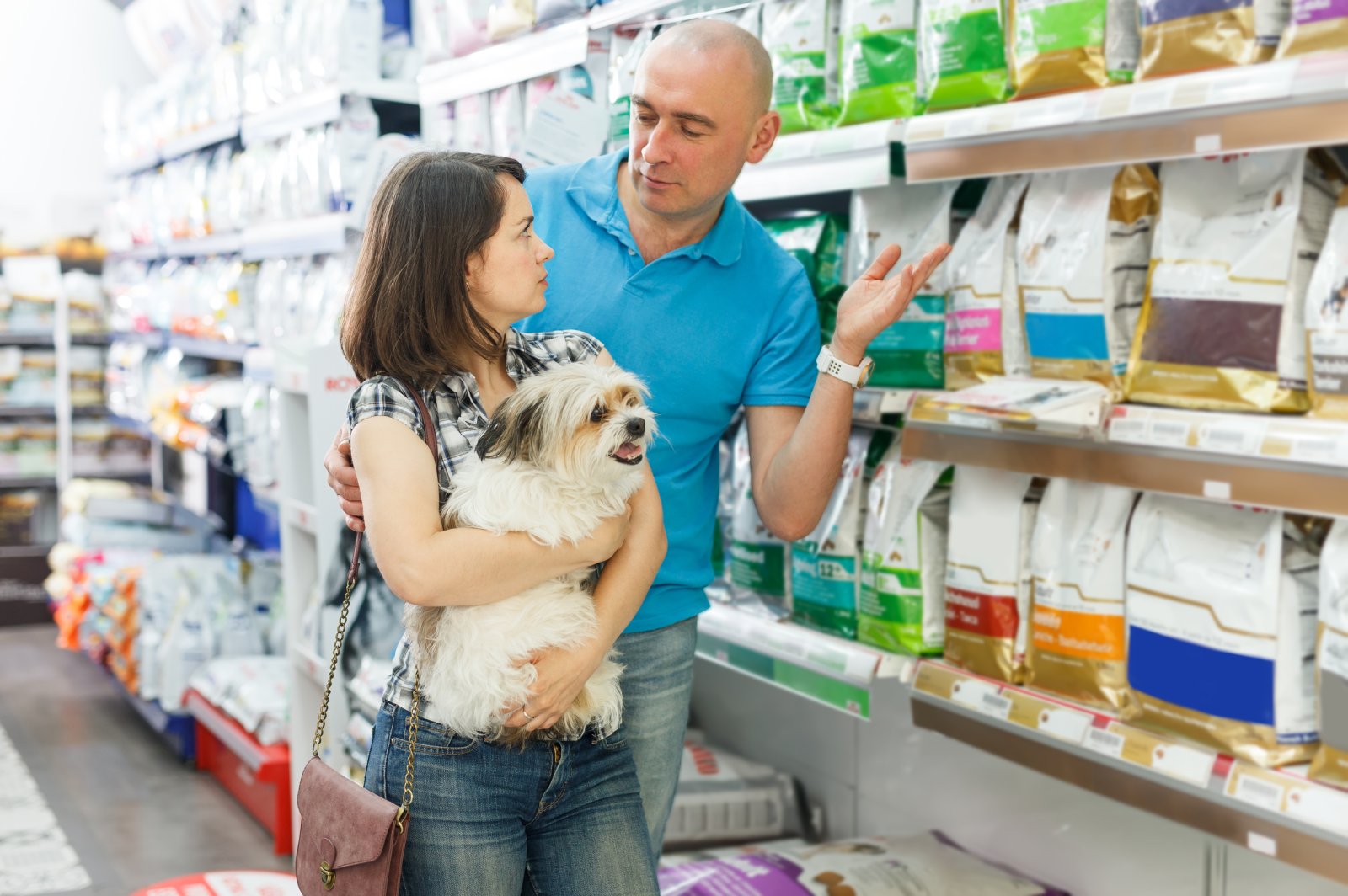
Grain-free diets can lead to heart issues in some dogs. Consult your vet before switching to a grain-free formula.
8. Expired Ingredients
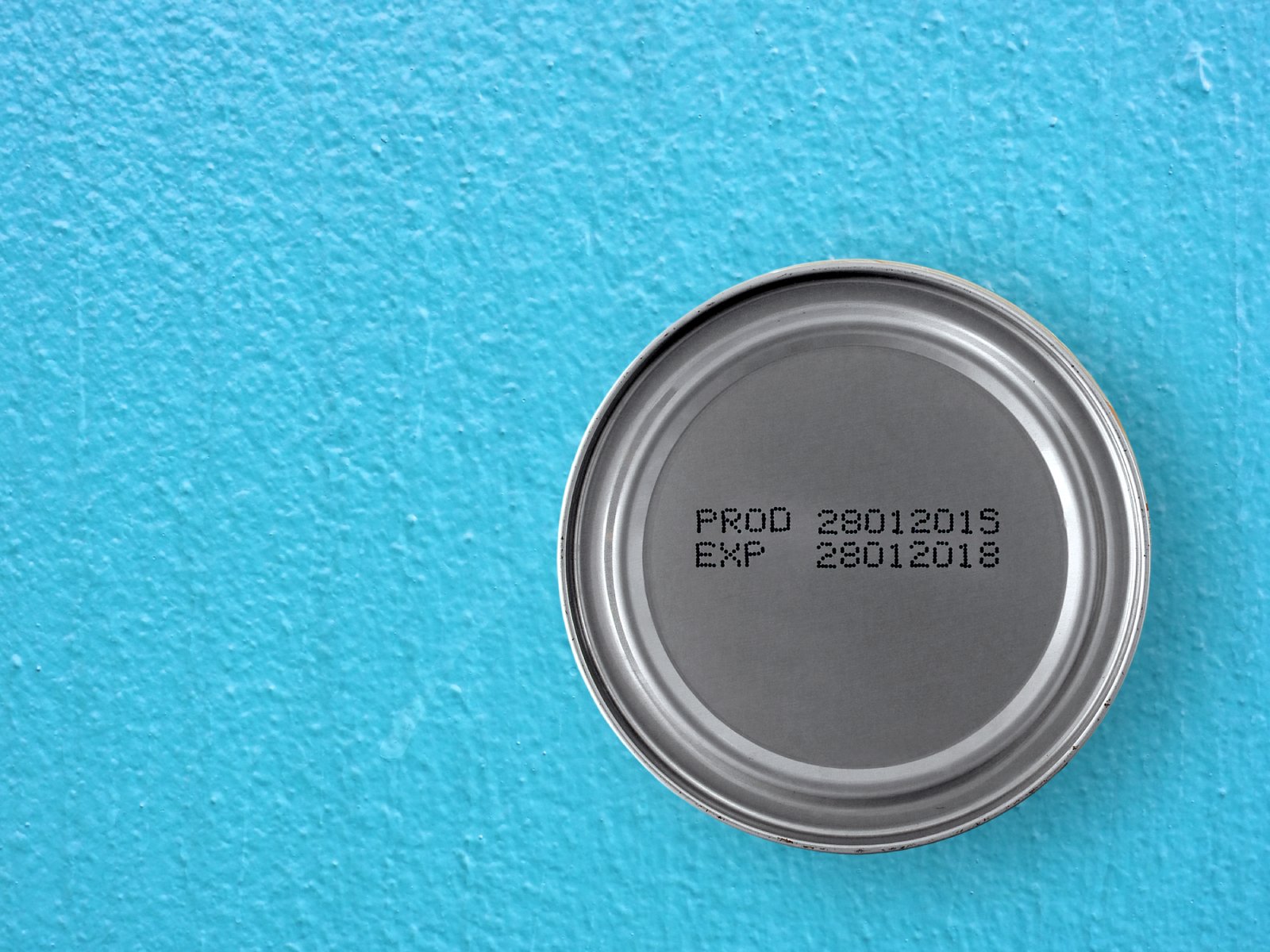
Always check expiration dates. Expired ingredients can lose nutritional value and may even become toxic.
9. Toxic Human Foods
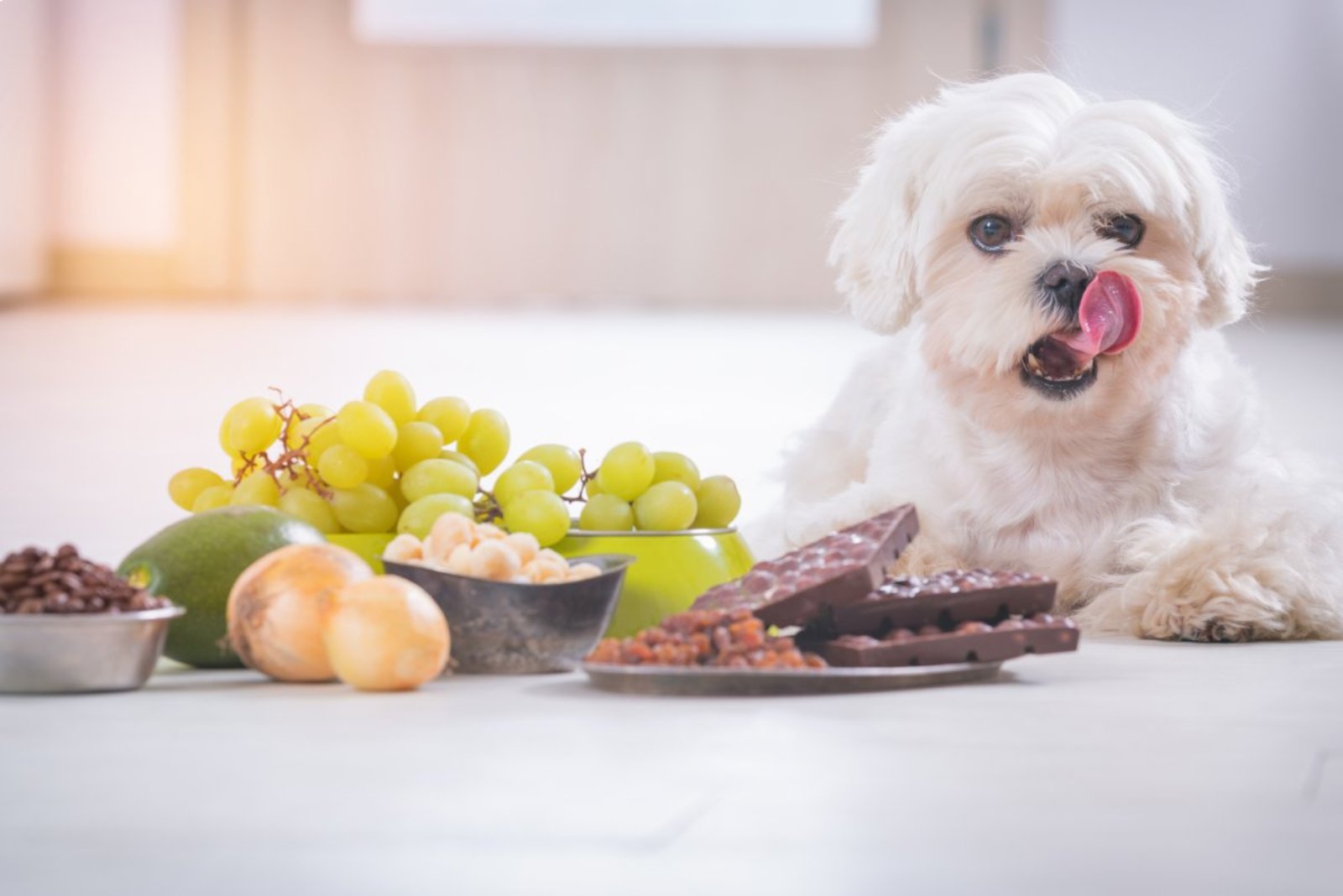
Certain human foods, like chocolate and onions, are toxic to dogs. Ensure these are kept well out of reach.
10. Overfeeding and Obesity
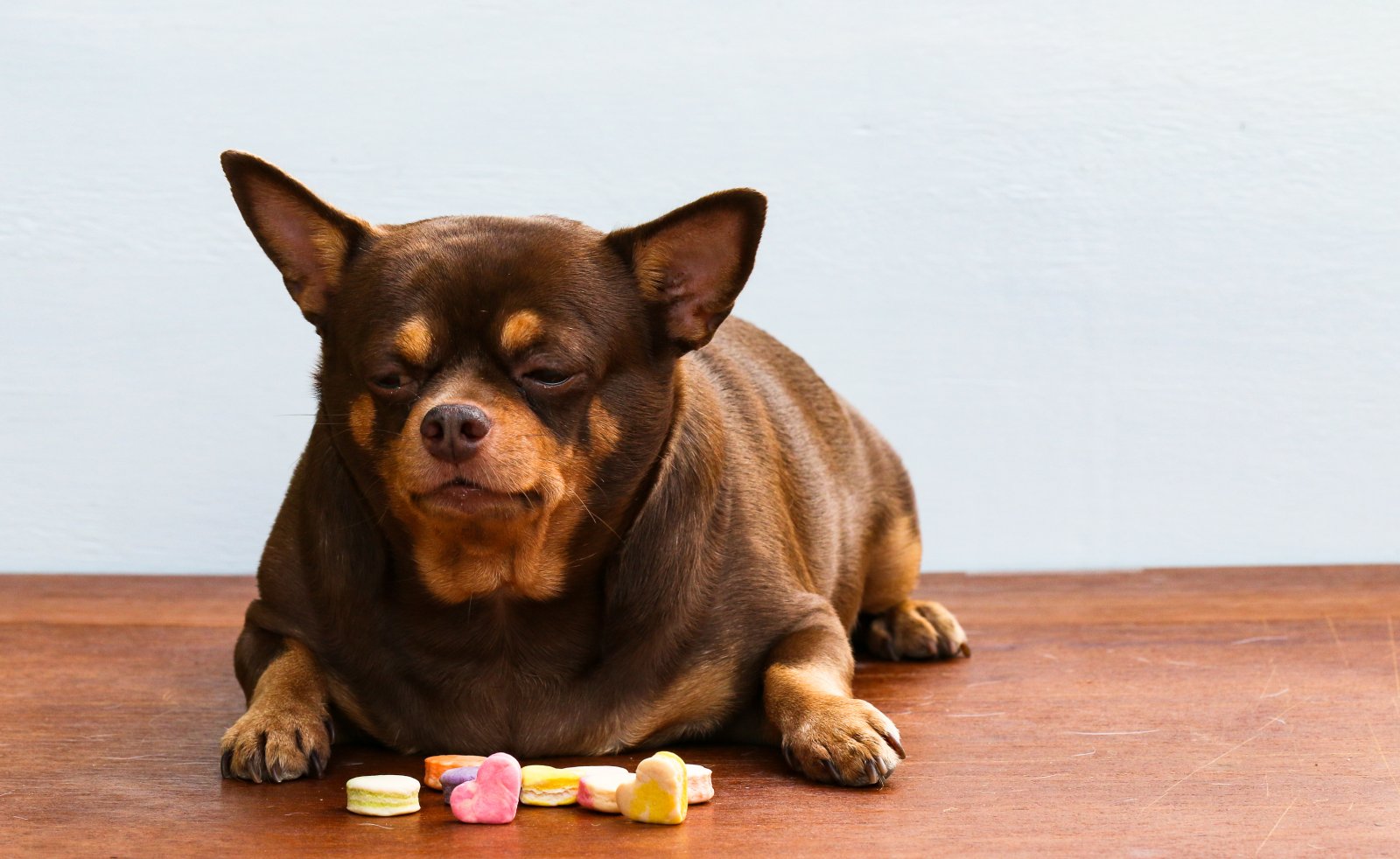
Many dog owners overfeed their pets, leading to obesity. Measure your dog’s food portions to maintain a healthy weight.
11. Inadequate Hydration
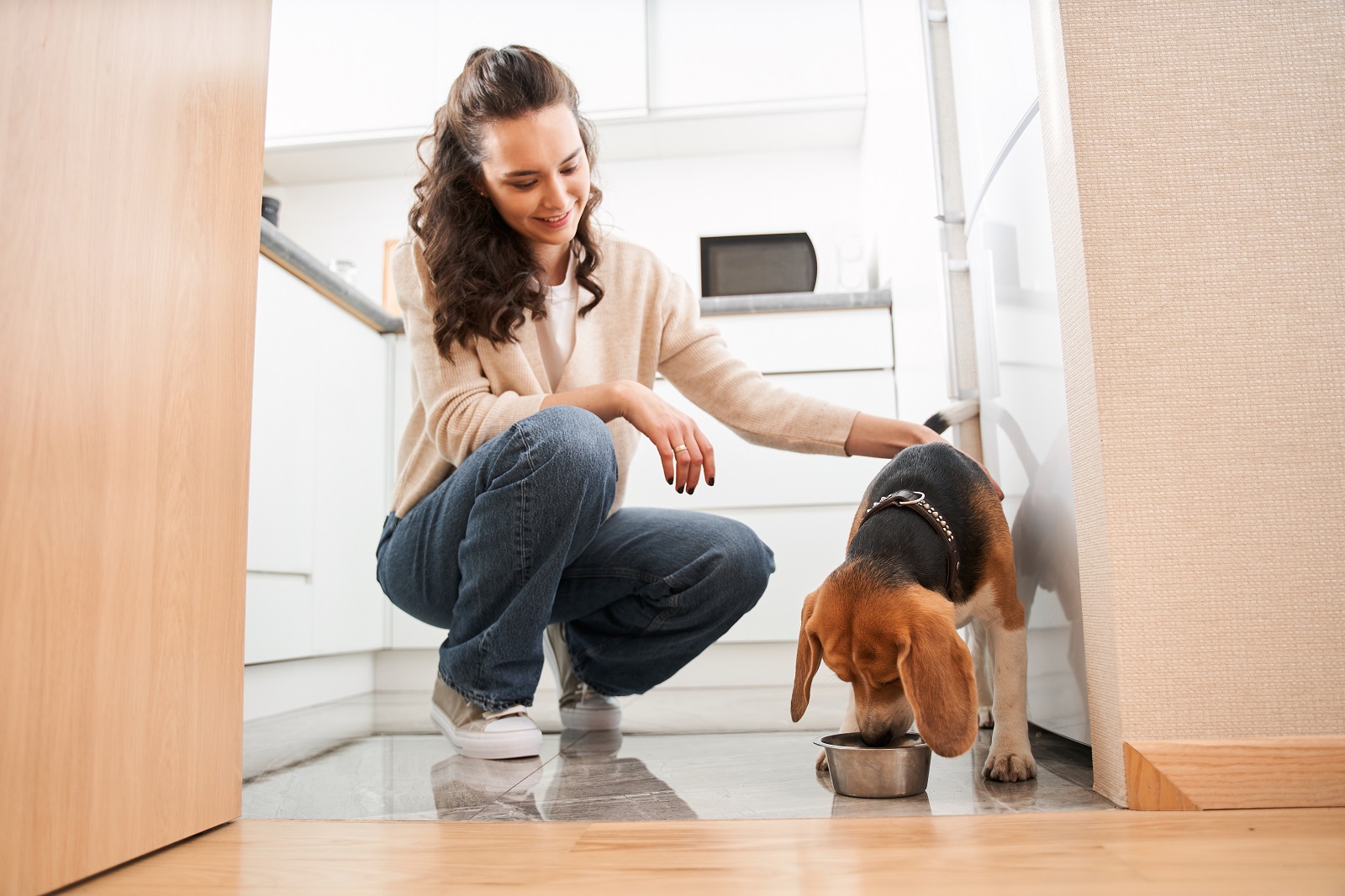
Dry kibble diets may not provide enough moisture. Ensure your dog has constant access to fresh water.
12. Improper Storage

Improper storage can lead to food spoilage and contamination. Store dog food in a cool, dry place and use airtight containers.
Read the Labels

Being vigilant about your dog’s diet is crucial for their health. Read labels carefully and consult with your vet to ensure you’re providing the best nutrition possible.
Featured Image Credit: Shutterstock / BearFotos.
For transparency, this content was partly developed with AI assistance and carefully curated by an experienced editor to be informative and ensure accuracy.

